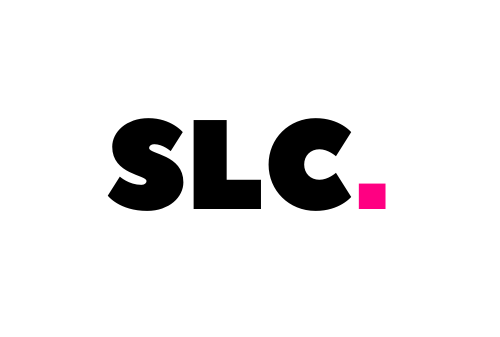Last Updated on July 31, 2021 by Administrator
Written By – Trisha Prasad
The term whistle-blower refers to either an existing employee within a company or an ex-employee who reveals to the public or any higher authority information about wrongdoing within the company or government agency. The wrongful act may be illegal, unethical, unauthorize or fraudulent in nature. Whistle-blowers in any organization have historically played an important role in highlighting the corruption prevalent within the agency or the higher ranks of the company. However, such actions frequently lead to the whistleblower losing their job and in some cases, it may even lead to injury or death by the hands of the alleged wrongdoer.
Evolution of Whistle-blower protection laws
Over the years, Right to Information (RTI), an essential right provided to the citizens of India by the Right To Information Act, 2005 has served as an important tool for whistle-blowers to push for disclosure of information. Whistle-blowers as RTI Activists have efficiently used the Act to uncover and bring to public notice fraudulent practices and rampant corruption that may exist in the administration with the aim of increasing transparency. However, a large number of Whistle-blowers have either been threatened or have lost their lives in an attempt by the wrongdoers to prevent the spread of information to the concerned authorities. These drastic measures have in the past been taken by wrongdoers on multiple occasions before they could be questioned and punished. Such alarming cases have highlighted the need for stringent laws to protect the privacy and lives of Whistle-blowers.
The history of laws to protect whistle-blowers can be traced back to 2001 in India when the Law Commission suggested the need for a protective law and then proceeded to draft a bill for the same. Following this, in 2004, in the case of the murder of NHAI official, Satyendra Dubey who revealed the corruption involved in the Golden Quadrilateral Project, the supreme court directed the government to constitute a mechanism to safely act on complaints that are brought up by whistle-blowers in order to control corruption. In response to this, the Public Interest Disclosure and Protection of Informers Resolution (Whistle Blower provision) was passed, giving the Central Vigilance Commission the power to act on any such complaint while protecting the informer. In order to provide uniform guidelines for the regulation of protection of Whistle blower, the Whistle-blower Protection Act, 2011was enacted. It was provided under Section 1 (3) of the act that the provisions of the act may come into force at different periods of time as notified by the central government via the Official Gazette. However, this act has not been made completely operational to this day. Further, instead of operationalizing the law, an amendment bill was introduced in 2015, dissolving various key provisions of the original act[1]. At the same time, Whistle-blowers were encouraged to reveal wrongful acts of their companies and government agencies based on the provisions laid down by the Companies Act, 2013[2] and the regulations suggested by SEBI for the same[3]. Various corporates, companies and agencies introduce their own Whistle blowing policies to attempt to bridge this gap in law.
Challenges
An increasingly common occurrence following a whistle-blowing report is the attempt made by the wrongdoers to prevent the whistle-blower or informant from pursuing the issue any further. The measures taken by the wrongdoers in such cases include constant threat, harassment, unlawful detention and invasion of privacy. While each of these consequences are seen either isolated or simultaneously in various cases, death threats and successful murders are unfortunate consequences of whistle-blowing that is seen in a large majority of cases. According to the Commonwealth Human Rights Initiative, since 2005, 68 RTI Activists were killed and 6 other such activists have committed suicide following the action taken by them to reveal and question corruption and fraud. There is no form of concrete protection provided to the whistle-blowers against physical threats and privacy issues that may arise following an attempt to expose any wrongful activity.
Additionally, the amendment bill proposed in 2015 if passed would restrict the information that can be disclosed by informants if it falls within 10 specified categories which include sovereignty, science, national security, cabinet proceedings, intellectual property, etc.
Conclusion
Whistle blowing plays a very important role in controlling corruption in organizations. It is a concept that is globally recognized. The various incidents of whistle blowing and consequent events call for stringent rules and regulations. When compared to jurisdictions like the US and UK, the concept of Whistle-Blowing and the structure of the relevant laws is still highly inadequate and often neglected. There is a need to enforce uniform laws to protect the informers while regulating the actions taken against the wrongdoers. This would not only protect existing whistle-blower but it would also provide confidence to other people to call out corruption and fraudulent activities. The legislature and central government play a very important role in this aspect.
[1] Five Years After Passing Law to protect Whistleblowers, Govt. Yet to Operationalise it, The Wire, (13:16, 14th June, 2020), https://thewire.in/government/whistle-blowers-protection-act-five-years
[2] The Companies Act, 2013, No. 18, Acts of Parliament, 2013 (India)
[3] Meenakshi Arora & Payal Chawla, The Malicious Whistle-Blower, The Times of India (27th September, 2020)















